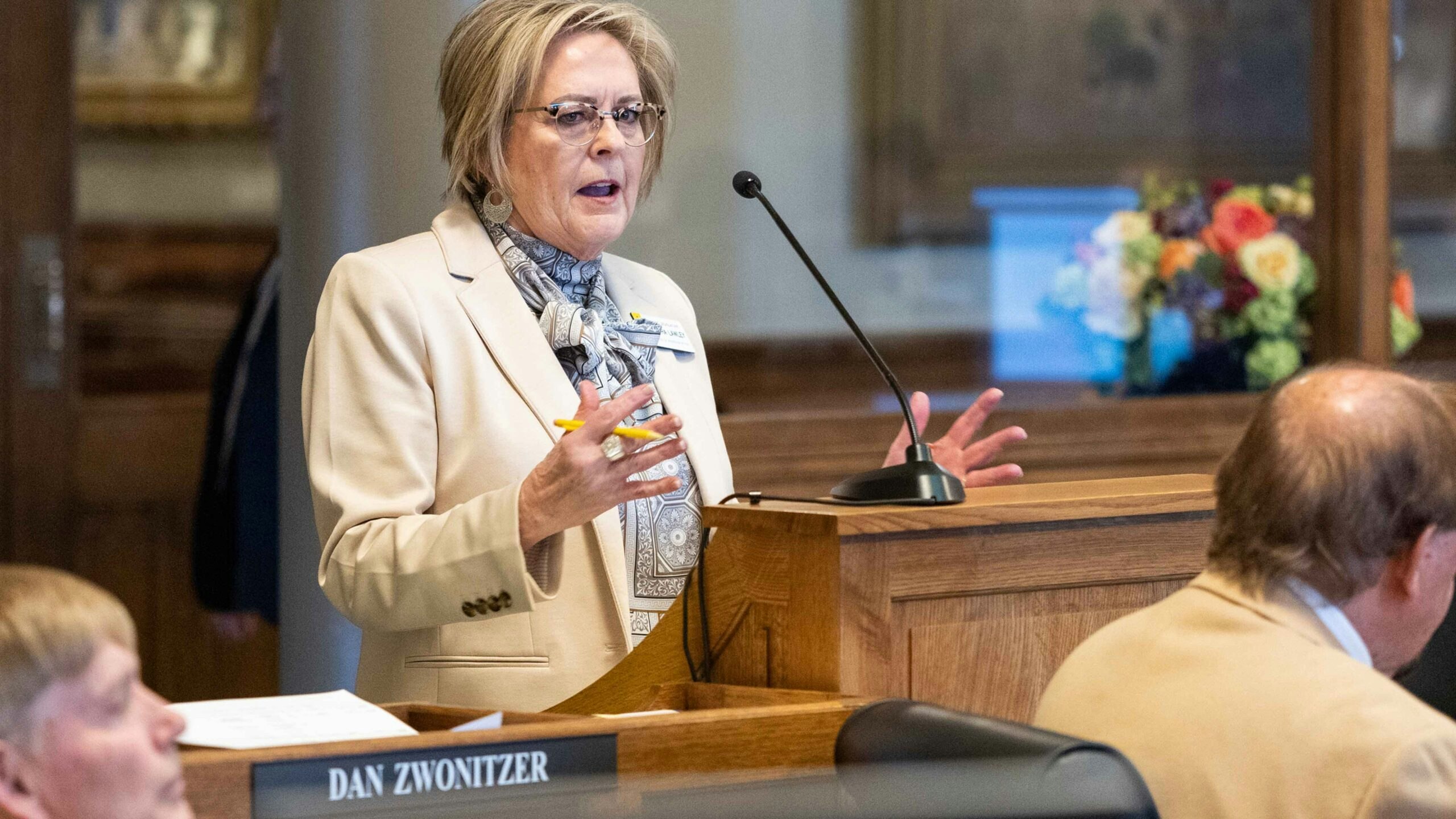The digital world connects us, especially here in the West, where we can live hours from town. We can work from home, shop worldwide, and have video conferences with friends and family. But in many ways, the virtual world is still the Wild West, mirroring the early days of our state as its rapid evolution outpaces safety standards and leaves our most precious resource—our children—vulnerable.
Today’s children are, as they say, digital natives, so it should not come as a shock that children as young as seven are stumbling across harmful content like pornography on their devices. Still, the statistic is just that – shocking. That is why I authored HB43, a law requiring age verification for visiting websites with material harmful to minors.
I have long been concerned about the safety of our children online. I want to make sure Wyoming is doing all that it can to protect children from online pornography. The porn industry often employs sophisticated tactics to target children, such as popup ads, misleading links and enticing visuals to lure them into viewing explicit material.
Parents are in the best position to determine what their children should interact with on the internet. However, their efforts are often undermined by a lack of tools or recourse to stop harmful content from being served to their children. Age verification requirements bring an added tool to the online space. It places responsibility back on the pornography industry to take accountability for an industry most decent people find abhorrent.
The statistics are alarming. Over half of the first time (58%) encounters of pornography by children happens by accident. Even the most vigilant parents can’t control every moment of their child’s online activity. Age verification would help cut down on these unintended exposures, hold websites accountable, and give families the tools they need to better protect their children.
Unfortunately, the effects of the pornography industry are not just limited to the online space. There is a well-documented connection between pornography and human trafficking, with some materials explicitly aimed at coercing minors into dangerous situations. This is a problem we should all care about.
In the real world, we have several age verification requirements for substances proven to be harmful to physical health; a few notables are alcohol and cigarettes. It makes sense that we would consider similar laws to shield young minds from explicit material. This isn’t about regulating what adults can and can’t do, nor stopping a parent from making a choice for their child - it’s about preventing minors from being inadvertently exposed to content that could harm their mental, emotional, or social development.
Some believe age verification could compromise user privacy or be too complicated to set up. I disagree. Technology already exists that verifies a user’s age without collecting sensitive personal information.
Age verification isn’t a new idea but a proven tool for preventing harm. Requiring age verification reduces unintended exposure to harmful content and gives parents the support they need to protect their children.
As we continue to move forward in the digital frontier, we owe it to our children to bring safety and structure to the online space. Please join me and support making the internet a place where children can explore without unnecessary, lasting harm.
Rep. Martha Lawley lives in Worland and has represented District 27 in the House of Representatives in the Wyoming State Legislature since 2023.





